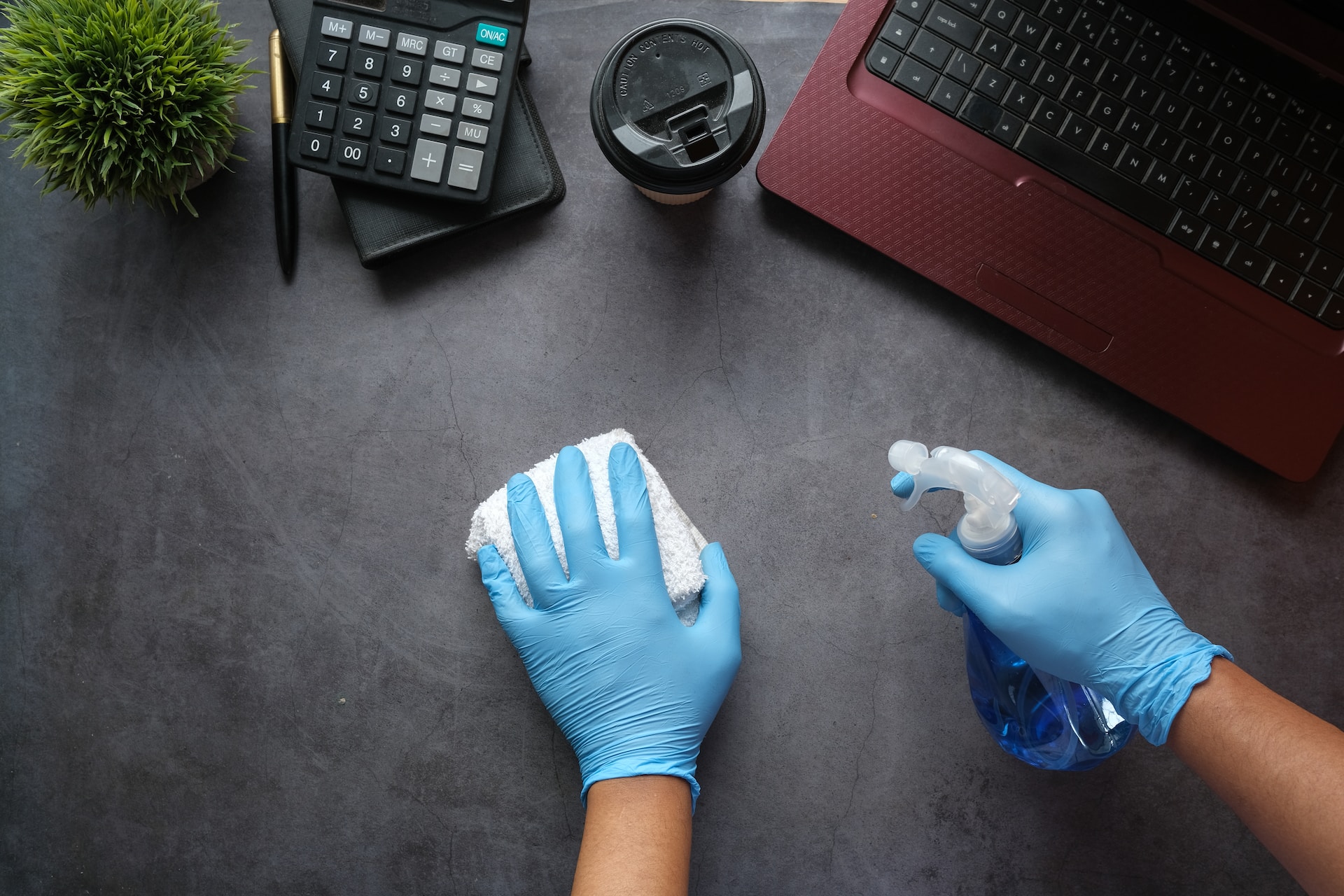48% of sales leaders aren't happy with the data in their CRM (Forbes and SugarCRM, 2021). And if anything, that number seems low. I don't think I've ever talked to a sales or ops leader who was happy with their CRM data. Are you?
Why are sales teams unhappy with their CRM data? Typically, those complaints come in a few forms.
-
Data quality. Our data’s not clean. We have too many duplicates or incorrect information. We don’t have enough data or the right data. We have issues with third-party data. Our data needs enrichment.
-
Data maturity. We’re not entirely confident with our ICP definition. Our account score needs updates. We don't have enough data yet to make any meaningful decisions.
-
Data friction. We're not fully account based yet. We still use leads and don’t convert to contacts until there’s an opp. Leads aren’t always associated with the right accounts. Sales reps don't keep account records updated correctly or consistently.
And this is just a few of the specific complaints we've heard recently - there are likely many more. Ultimately, these data issues come down to trust. If you can't trust the data in your CRM, then you're limited on what you can do with that data.
And while that's a completely understandable sentiment, it's also limiting and short-sighted. You will never be entirely happy with the data in your CRM. If you waited until you had perfect data hygiene to make a change to your sales process, you would literally never be able to do anything.
It will never be perfect.
So, how can you make progress and improve your sales processes while dealing with slightly-less-than-perfect CRM data?
1. Take an iterative, continuous improvement approach to your CRM data.
The first step is to embrace the chaos of your CRM, and know that you will never have perfect data. But you can - and should - improve it. Improving the quality of your data will take continuous small improvements, made consistently over time. Once you accept that this can't be something you can tackle with one (huge) project, you'll free your team up to tackle it one step at a time. Kind of like eating an elephant - one piece at a time.
2. Focus on the foundation.
Figure out what matters most to get right with your data and start there. What do you absolutely need to have right, right now? Start with fundamental data issues like your ICP and account scoring. Do you have those nailed down? Have you implemented account scoring? How accurate is your score, based on historical performance? What datapoints contribute to your account score, and are they accurate? Also think about what sales reps need to do their jobs. What contact or account data do you need to ensure reps can do their outreach?
3. Implement an account returns process.
A great way to improve data hygiene is to have your sales reps act as canaries in your CRM coal mine. For example, if a sales rep calls a phone number on an account and it turns out that phone number is incorrect, be sure you have a simple return system in place where that rep can alert your ops team to the inaccuracy. Allowing reps to return accounts that are unworkable for data reasons is a great way to identity accounts with bad data and get those issues fixed.
4. Spend time on sales enablement and training.
Don't assume your sales reps know (and are consistently doing) what they need to update in your CRM. If you have required fields or other CRM processes sales reps need to be responsible for, make sure every single sales reps knows it. Sales reps have a lot on their plates, and we all know updating Salesforce is usually at the bottom of that list. Help make it easier for them to do what you need them to do.
5. Invest in operations.
Without a strong revops team, your CRM will always be a mess. Don't skimp on investment in revenue operations. Be sure you have the team and tools you need to keep your CRM data healthy and accurate.
6. Evaluate your third party data and tools.
Speaking of tools, now's a good time to audit your sales tech stack. Do you have all the tools and third-party data you need? Are the tools you're using now providing accurate and actionable data? For example, what are you using for data enrichment? Talk to your sales reps about how well that enrichment is working. If there are issues with data quality, your reps will be more than happy to let you know.
Read more tips for preventing dirty data here. We also have posts about specific CRM data hygiene issues like lead-to-account matching, creating a more actionable ICP, and adding new data to your account score.







